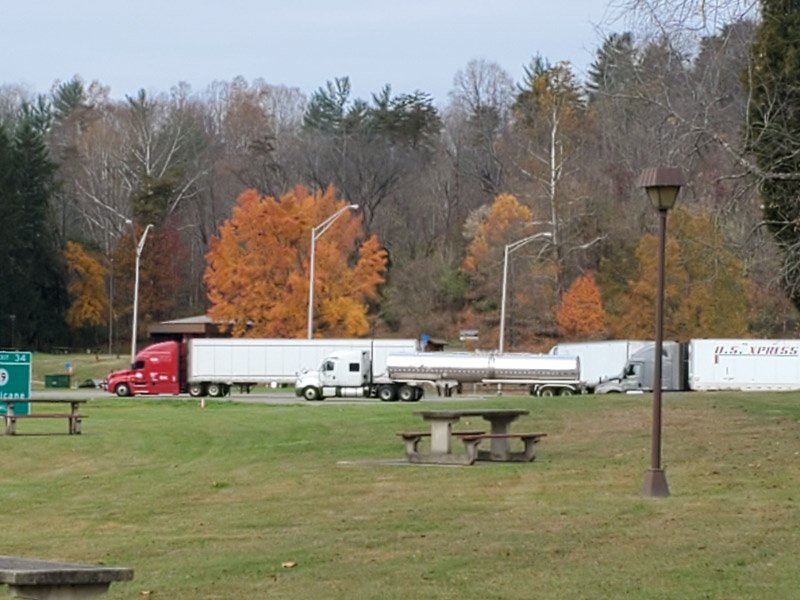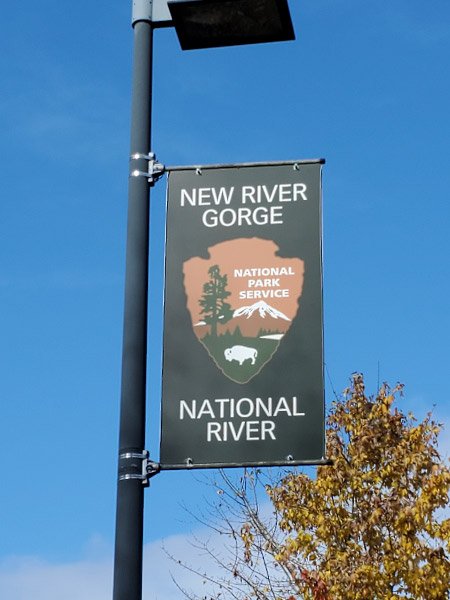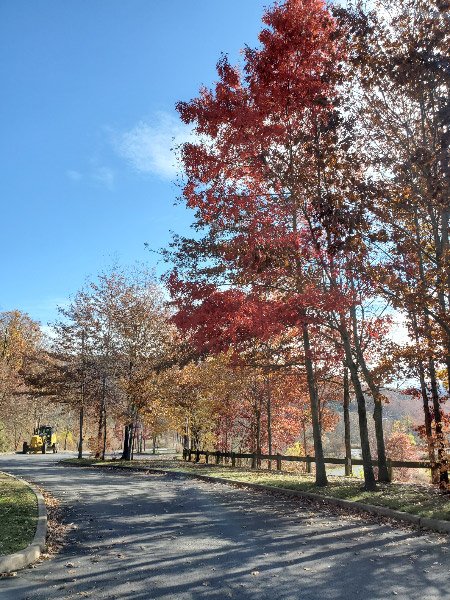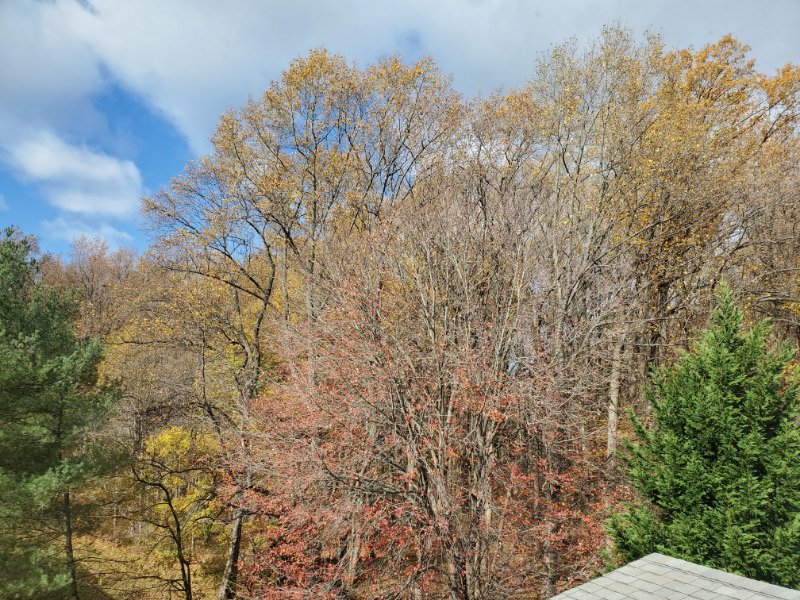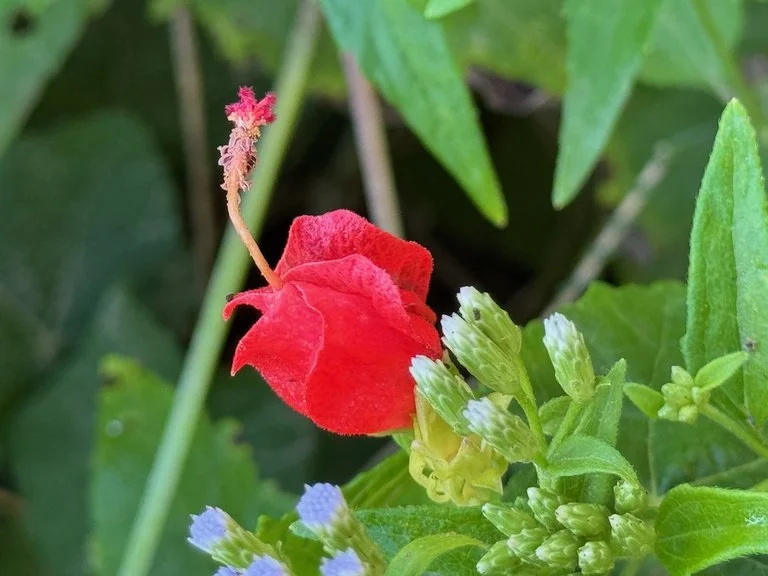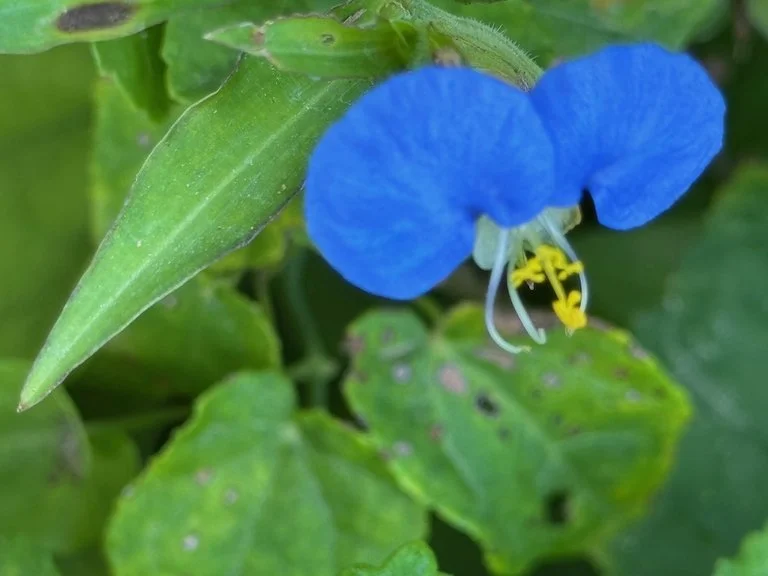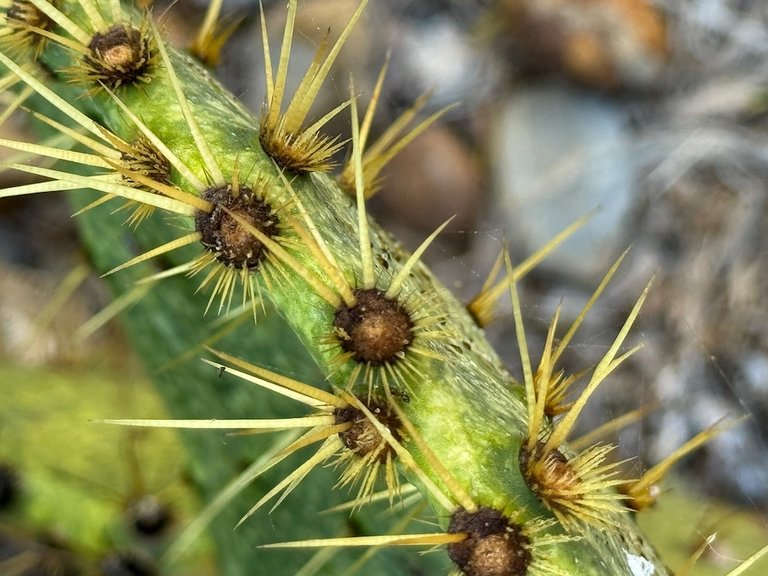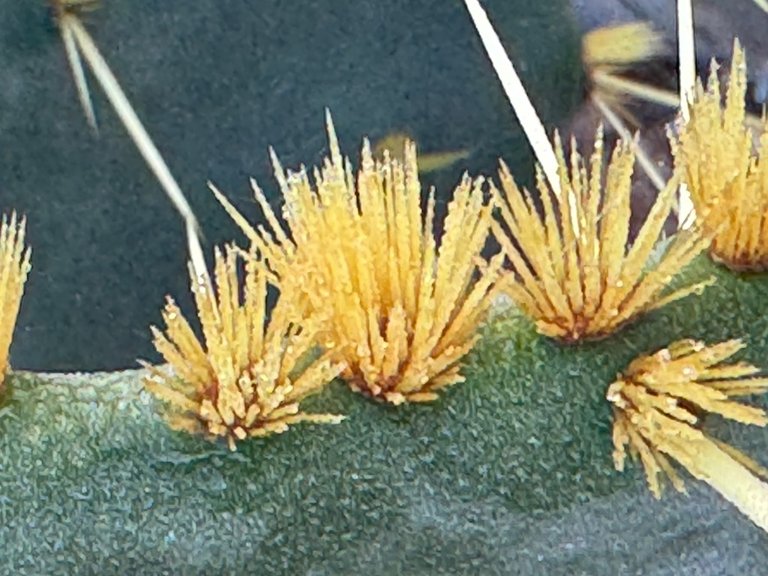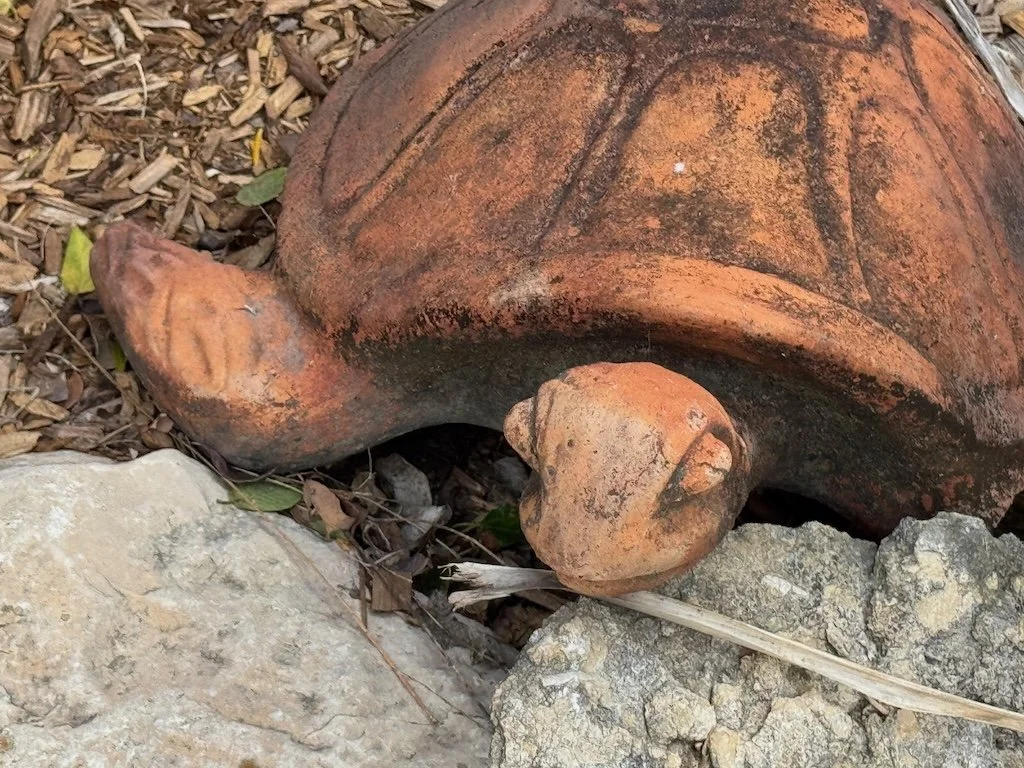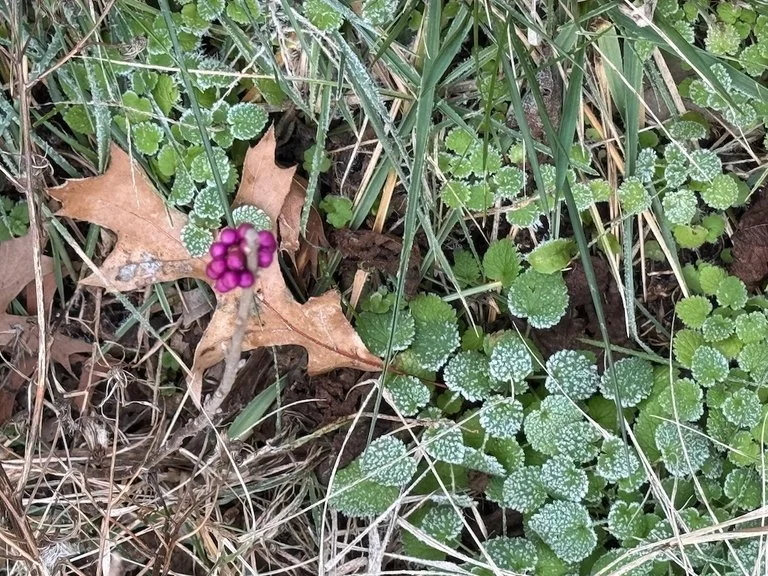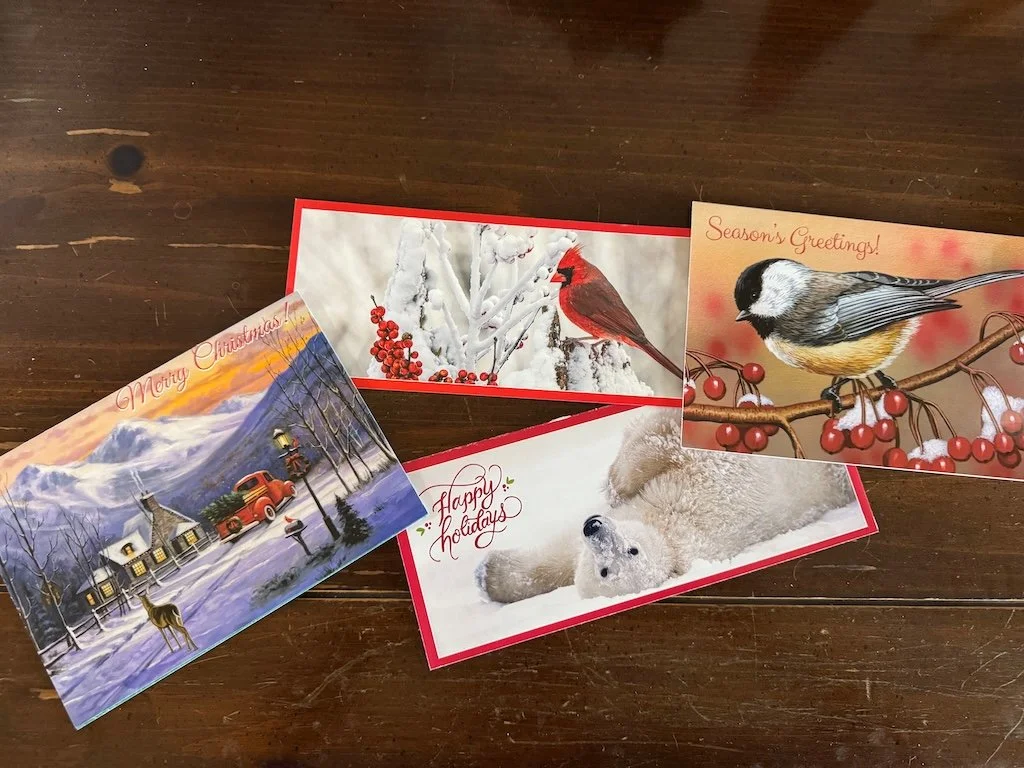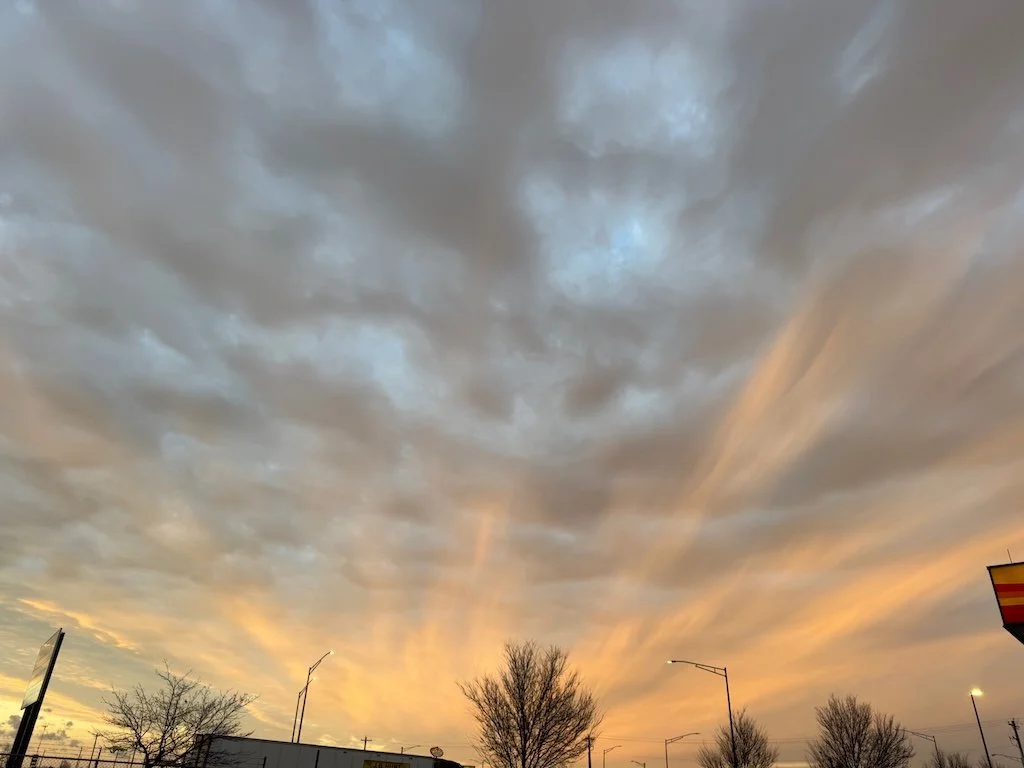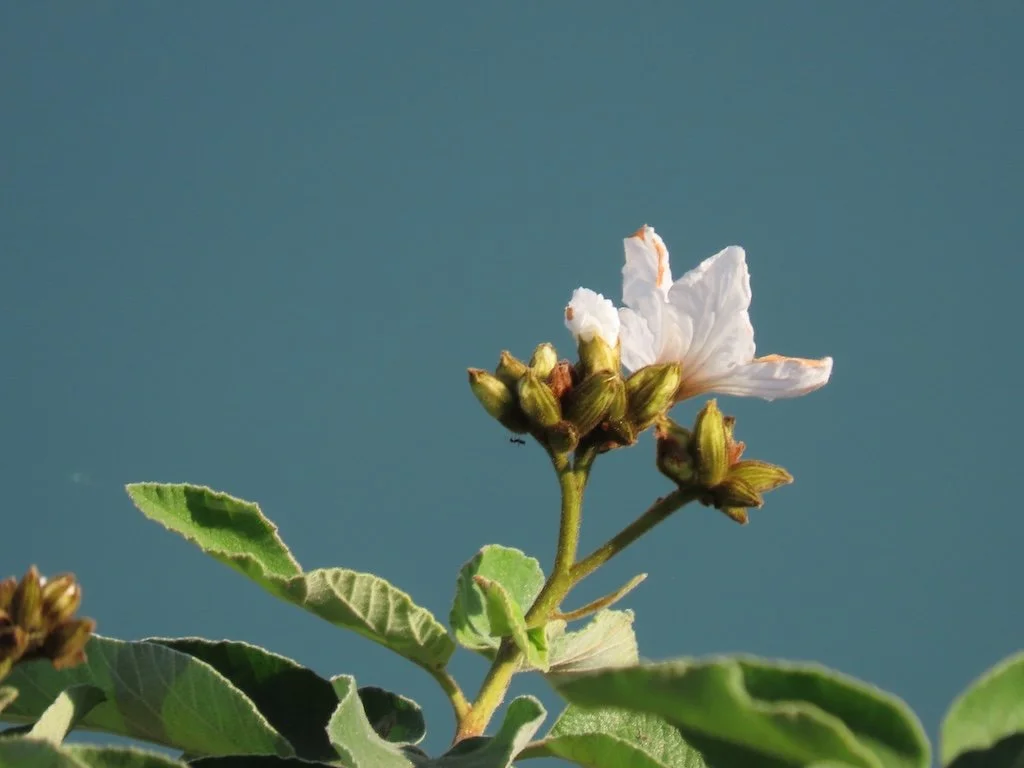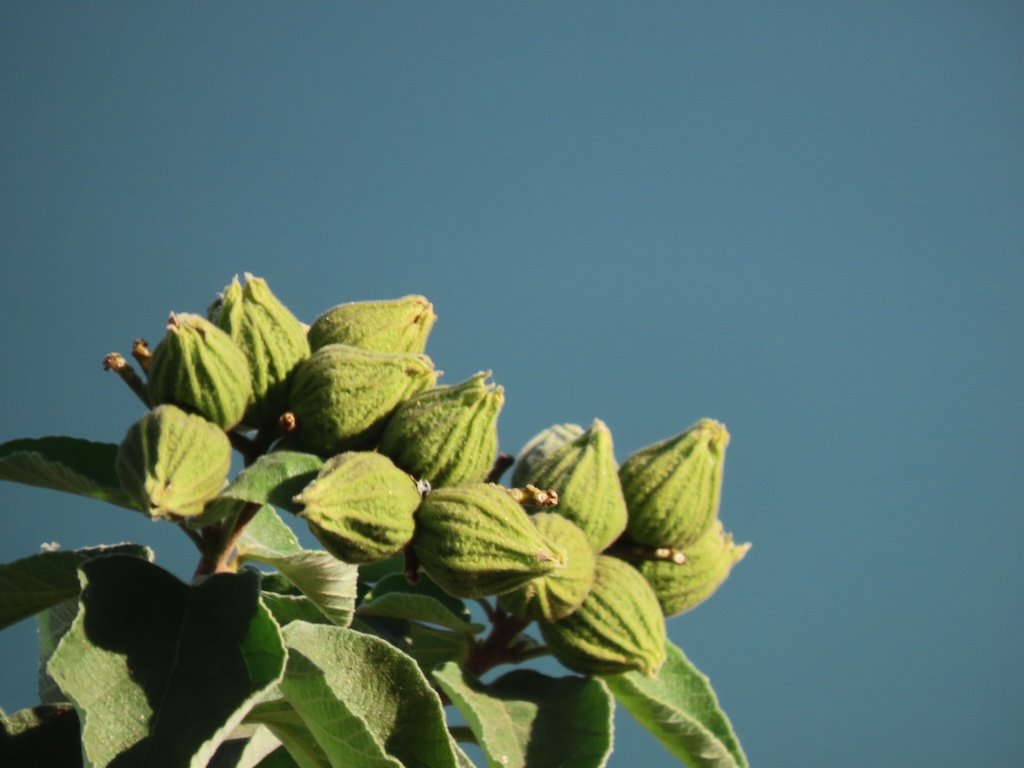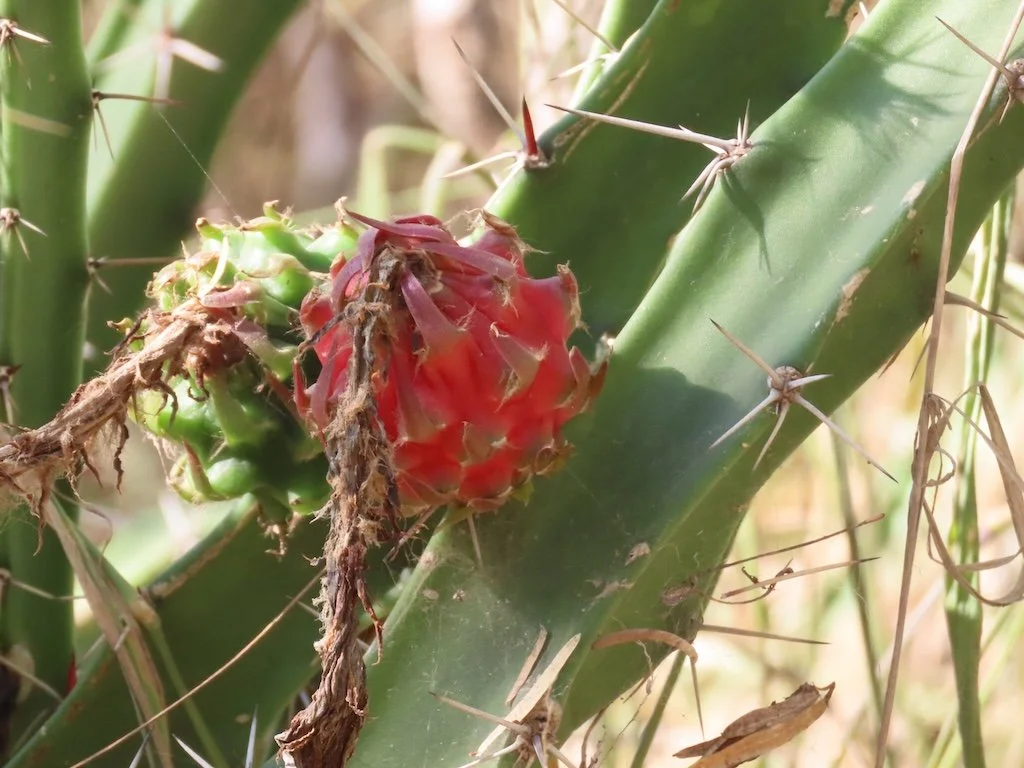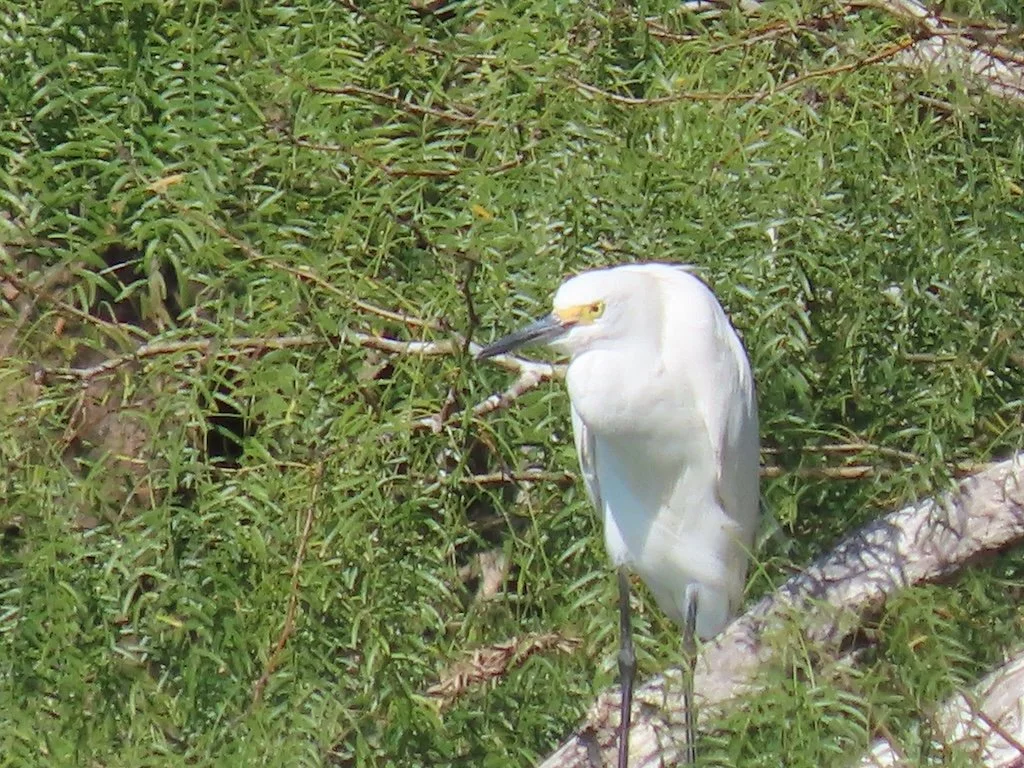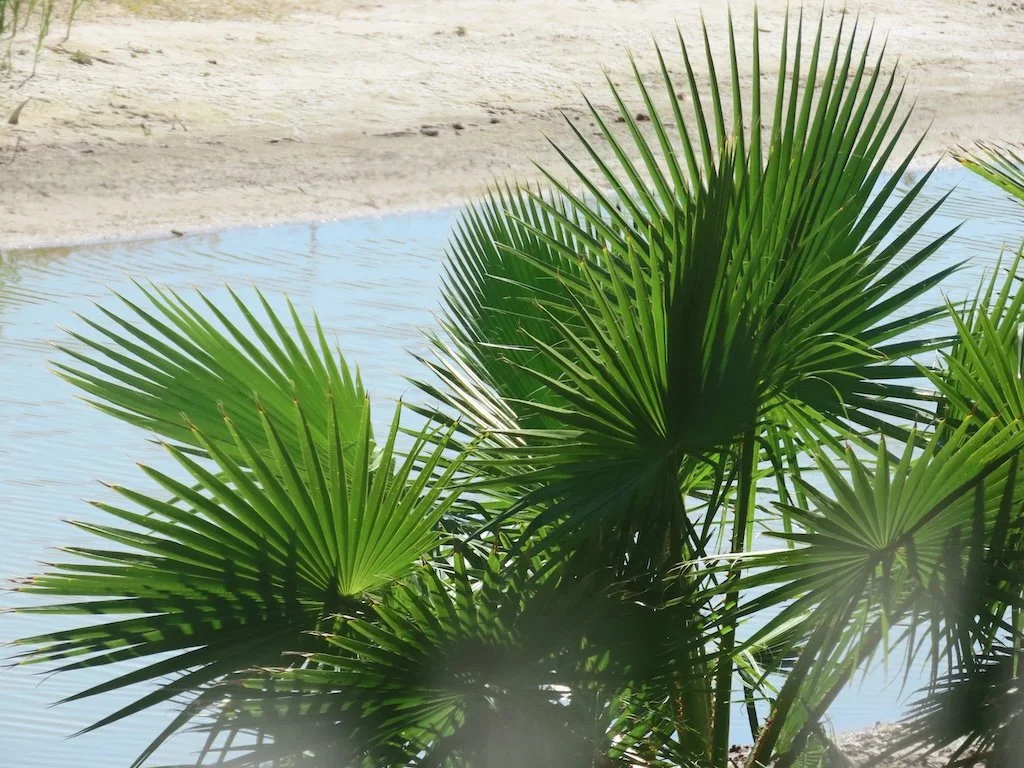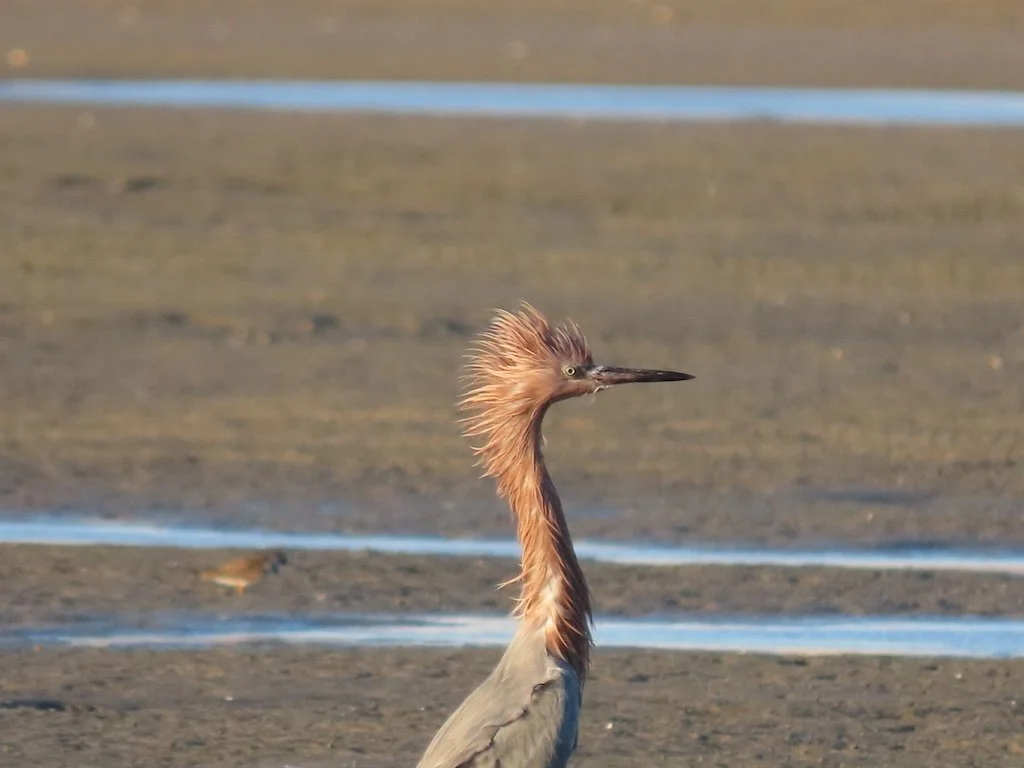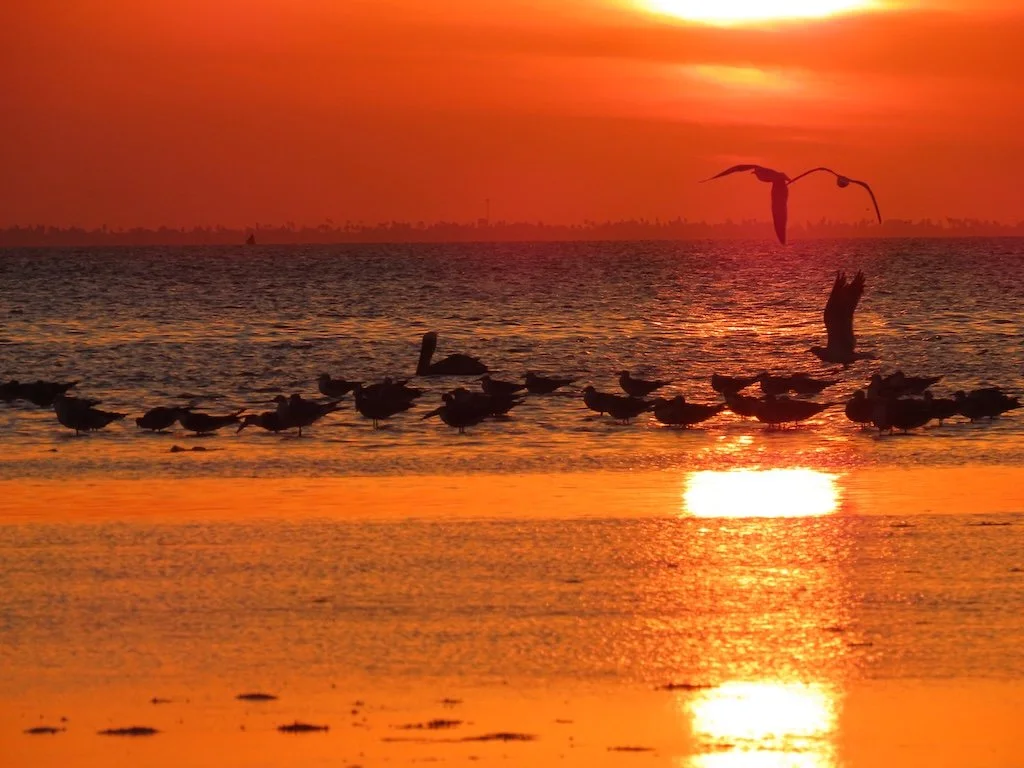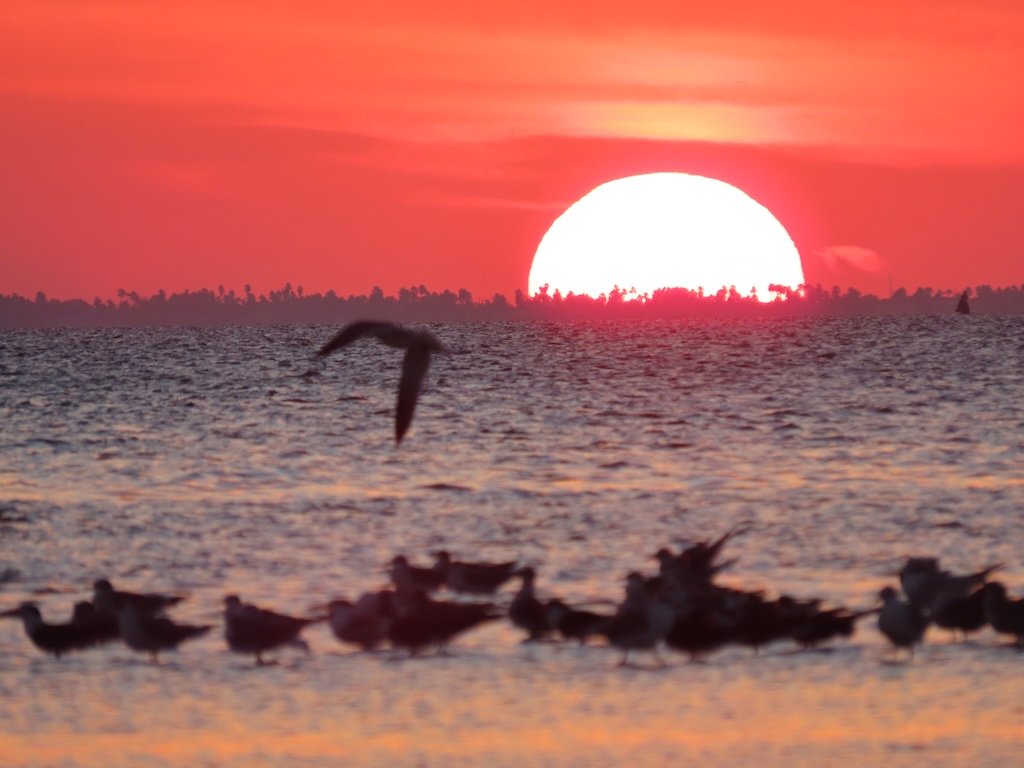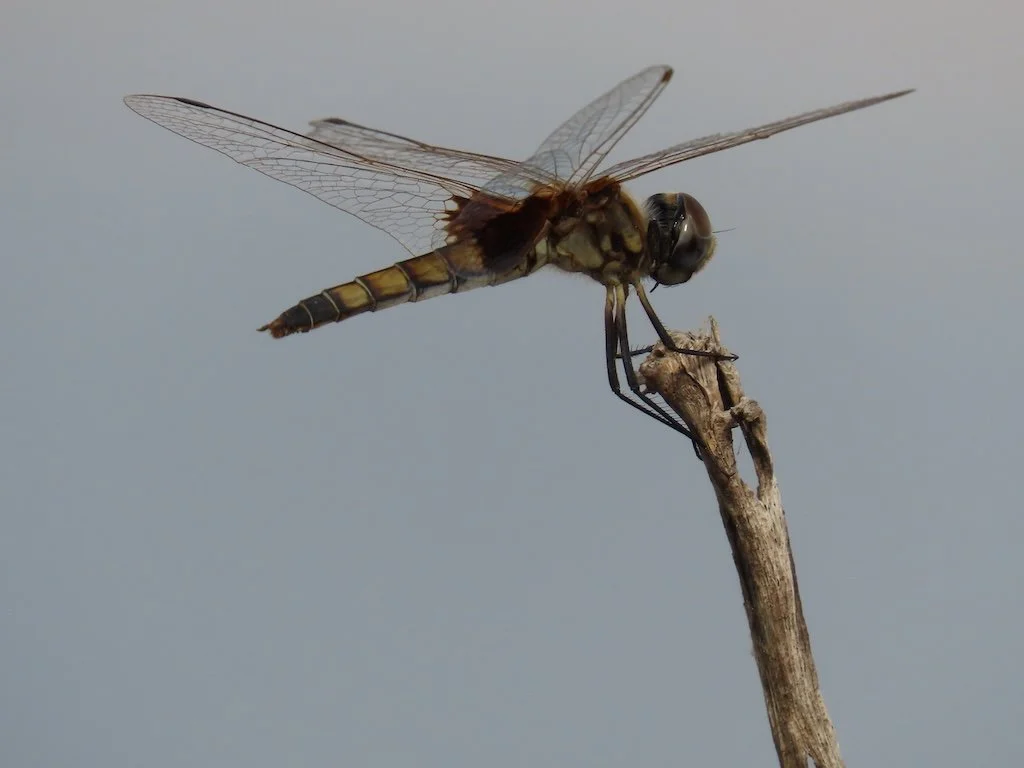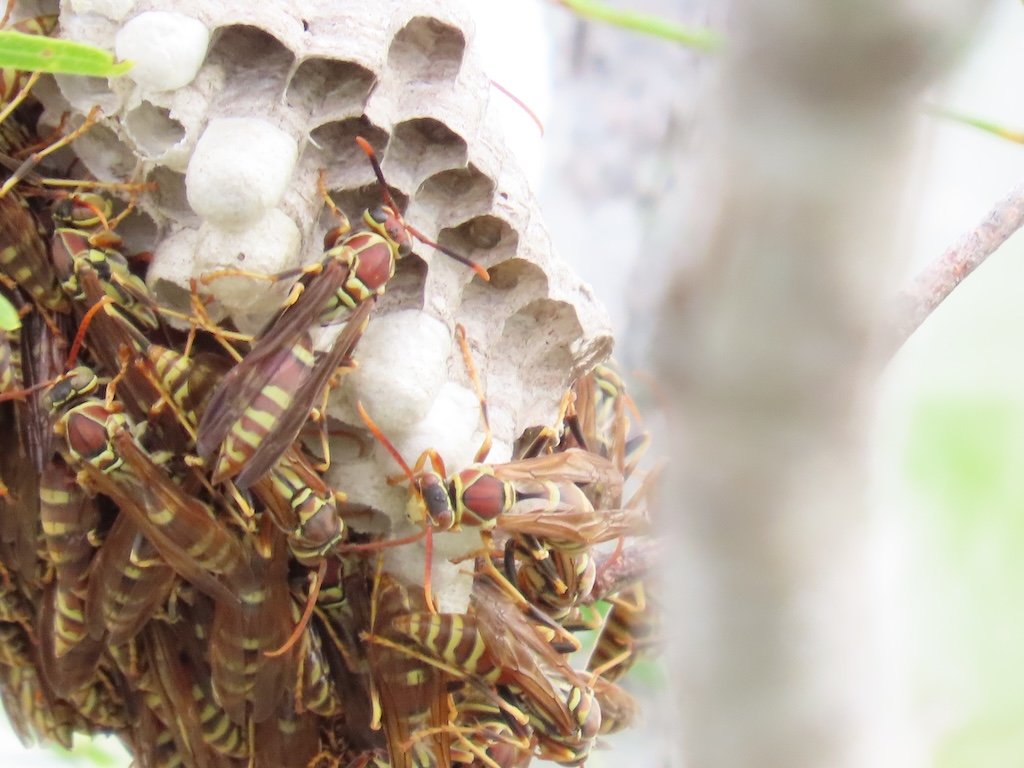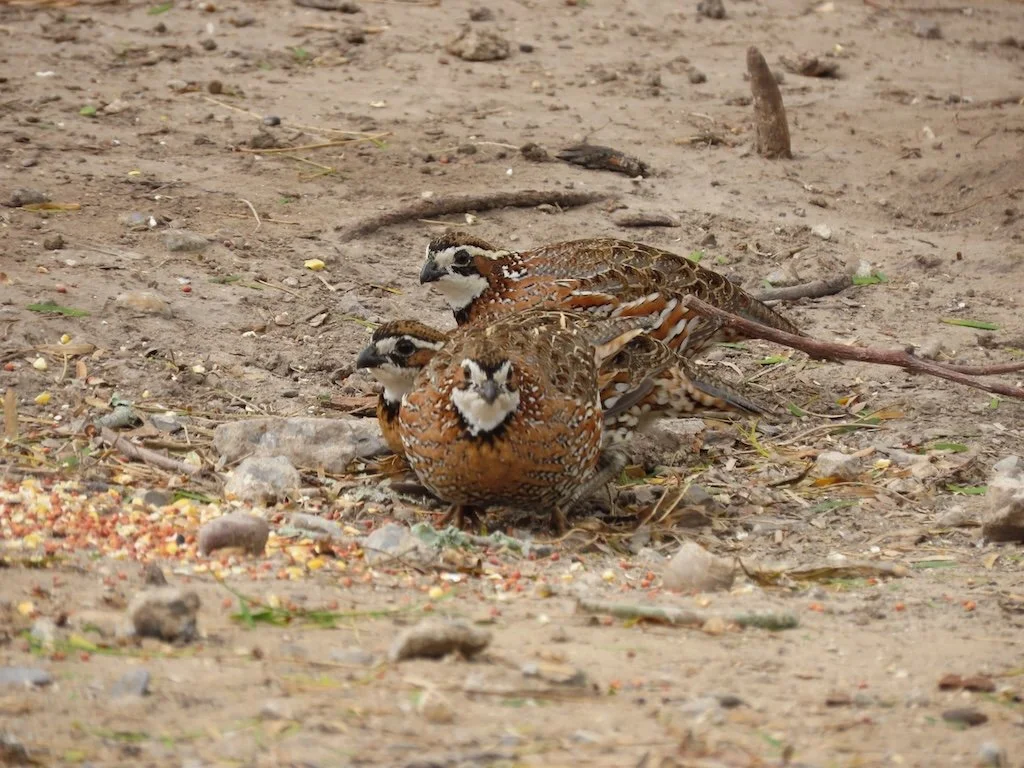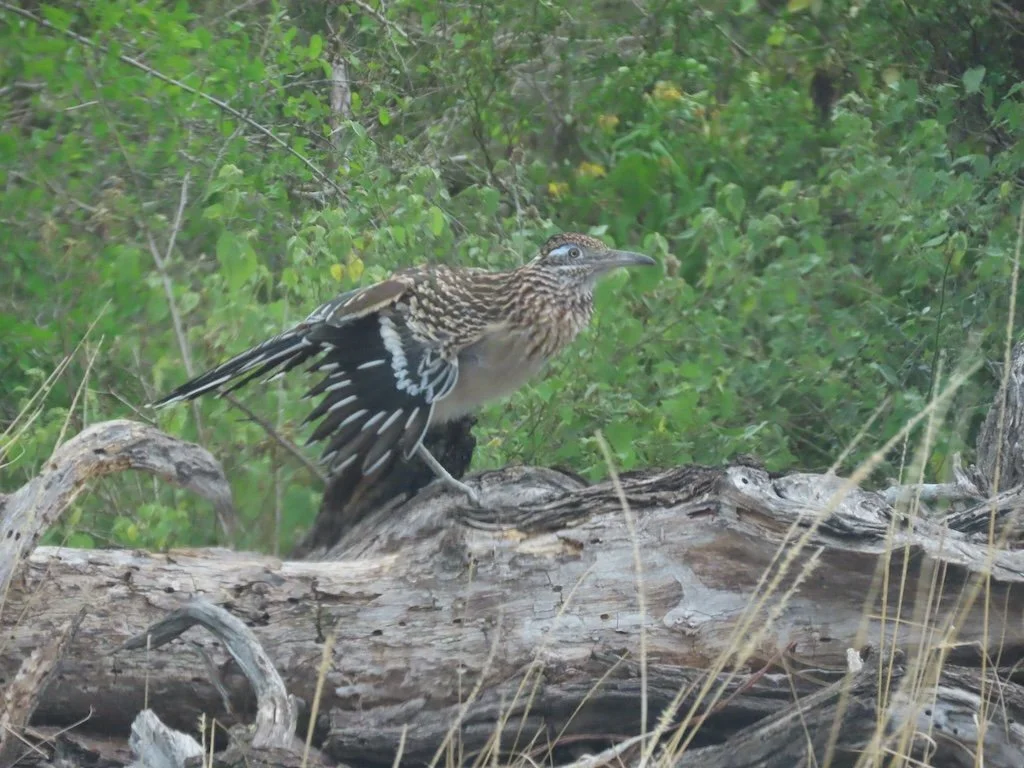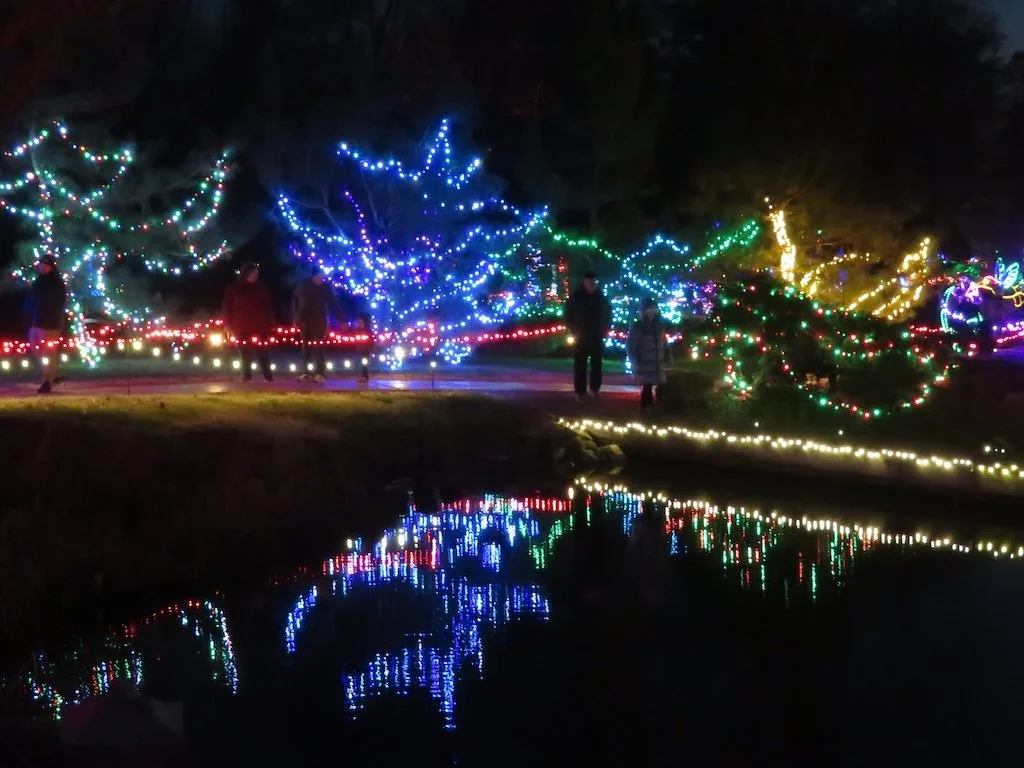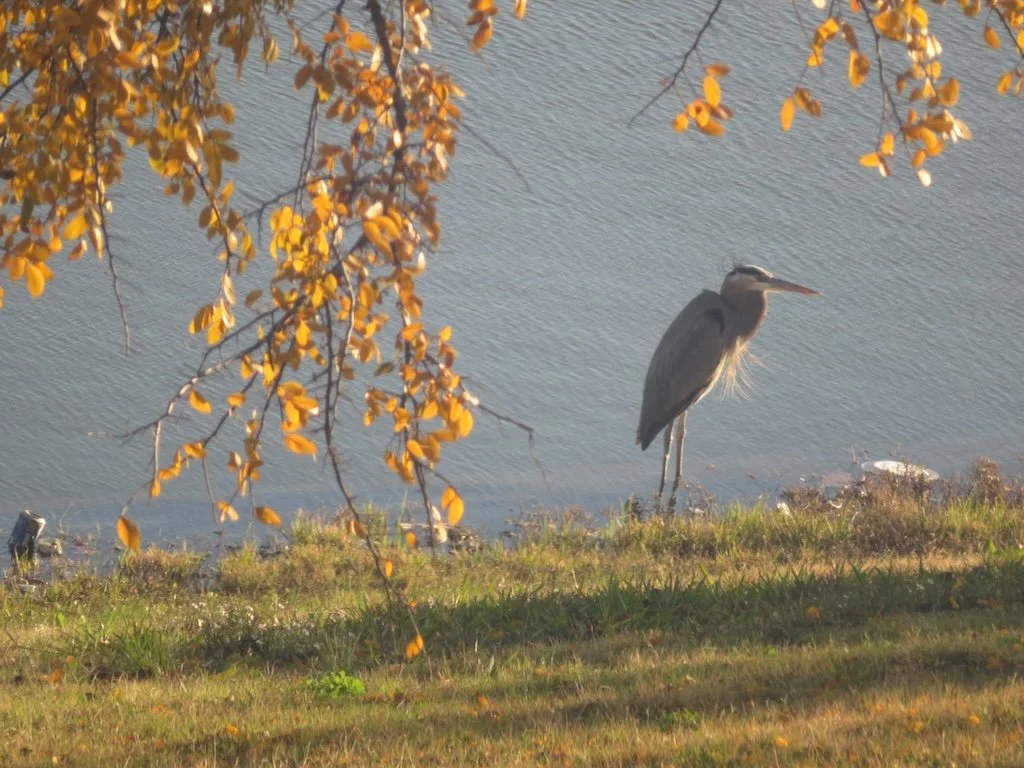Gleanings of the Week Ending May 31, 2025
/The items below were ‘the cream’ of the articles and websites I found this past week. Click on the light green text to look at the article.
10 Ways Vincent Van Gogh Continues to Make News, Even Today – An artist that has been ‘newsworthy’ for a very long time. This post about recent instances of ‘Van Gogh mania.’
Measles vaccines save millions of lives each year – Statistics about measles and the impact of the vaccine…history and how the choices we make will have impacts on the future trajectory of the disease.
New River Gorge National Park and Preserve – It became a national park in 2020. I’ve driven through it…stopped at a visitor center…but haven’t experienced it the way I have other national parks.
Forty Years of Change in Louisiana’s Wetlands – Images from Landsat 9 from 1985 and 2024 show that much of the wetland has transitioned to open water….reshaped by storms and sea level rise.
In healthy aging, carb quality counts - The researchers analyzed data from Nurses' Health Study questionnaires collected every four years between 1984 and 2016 to examine the midlife diets and eventual health outcomes of more than 47,000 women who were between the ages of 70 and 93 in 2016. The analysis showed intakes of total carbohydrates, high-quality carbohydrates from whole grains, fruits, vegetables, and legumes, and total dietary fiber in midlife were linked to 6 to 37% greater likelihood of healthy aging and several areas of positive mental and physical health.
Wildlife Photographer Captures Mid-Air Battle of Two Birds Fighting for Dinner – The battle over a vole between a Northern Harrier and Short-eared Owl in British Columbia, Canada. Dramatic photos. Both birds are over Missouri Prairies in the winter too!
How the humble chestnut traced the rise and fall of the Roman Empire - According to researchers in Switzerland, the Romans had something of a penchant for sweet chestnut trees, spreading them across Europe. But it wasn't so much the delicate, earthy chestnuts they craved – instead, it was the fast-regrowing timber they prized most, as raw material for their empire's expansion. And this led to them exporting tree cultivation techniques such as coppicing too, which have helped the chestnut flourish across the continent.
China’s Mega Dam Project Poses Big Risks for Asia’s Grand Canyon - China’s plans to build a massive hydro project in Tibet have sparked fears about the environmental impacts on the world’s longest and deepest canyon. It has also alarmed neighboring India, which fears that China could hold back or even weaponize river water it depends on.
Step Into a Painstakingly Recreated 3D Model of the Parthenon, Now Restored to Its Ancient Glory - By combining archaeology and technology, a researcher has shed light on a longstanding architectural mystery: how the ancient Greeks experienced the inside of the Parthenon, the Athenian Acropolis’ largest temple, built and dedicated to the goddess Athena in the fifth century B.C.E.
How Tikal Became One of the Greatest Mayan Cities—and Then Vanished - Nowadays, the ruins of Tikal, an ancient Maya city in northern Guatemala, have been largely reclaimed by the jungle. Howler monkeys jump from pyramid to pyramid. Bats hide in the crevices of abandoned homes. Bullet ants and tarantulas crawl along the forest floor while coatis—racoon-like animals with long, upright tails—search for fallen fruit. Many of the city’s structures remain unexcavated to ensure their preservation. Tikal began life as a series of small, unassuming hamlets. Across centuries, it grew into one of the largest and mightiest cities in the loosely affiliated network of municipalities that made up the Maya civilization. At its peak, which approximately lasted from 600 to 900 C.E., Tikal comprised an area of roughly 50 square miles, 3,000 stone structures, and a population that may at one point have exceeded 60,000 people. While other Maya settlements like Chichen Itza remained inhabited well into the 12th century C.E., Tikal is thought to have collapsed around the year 900.







